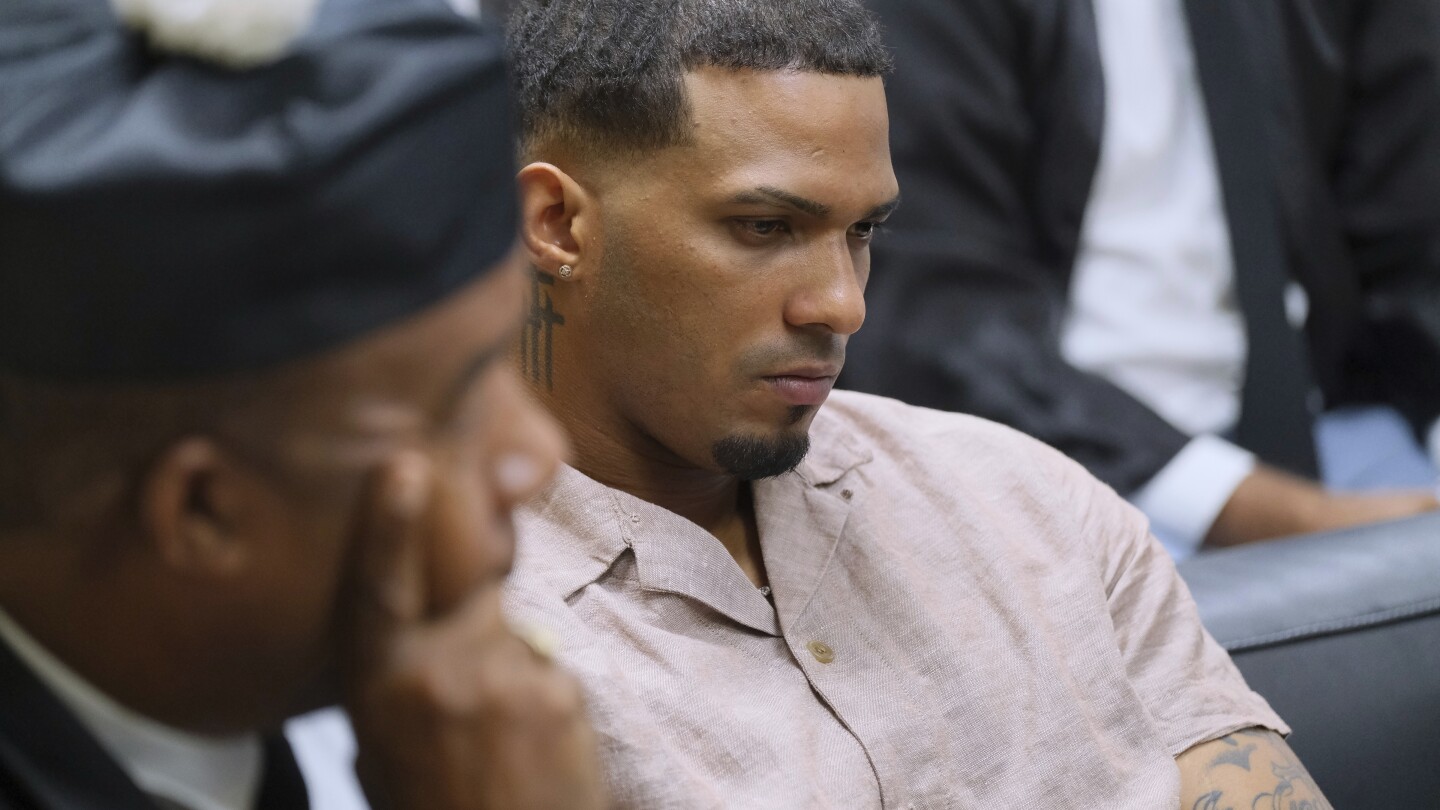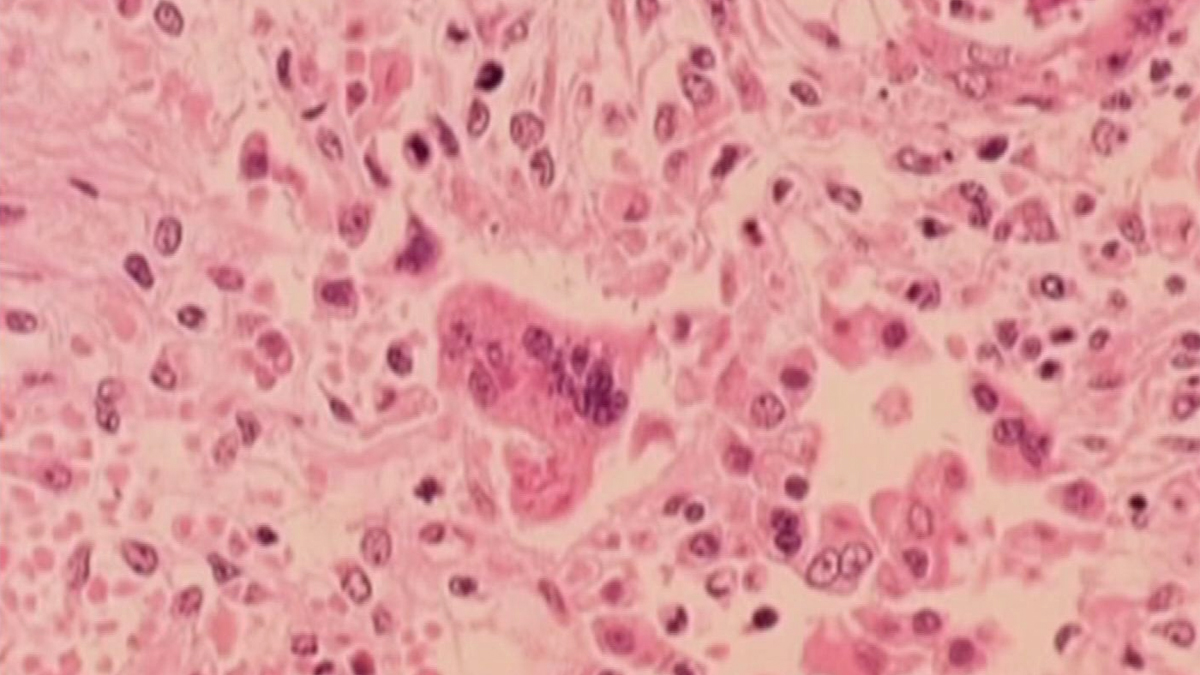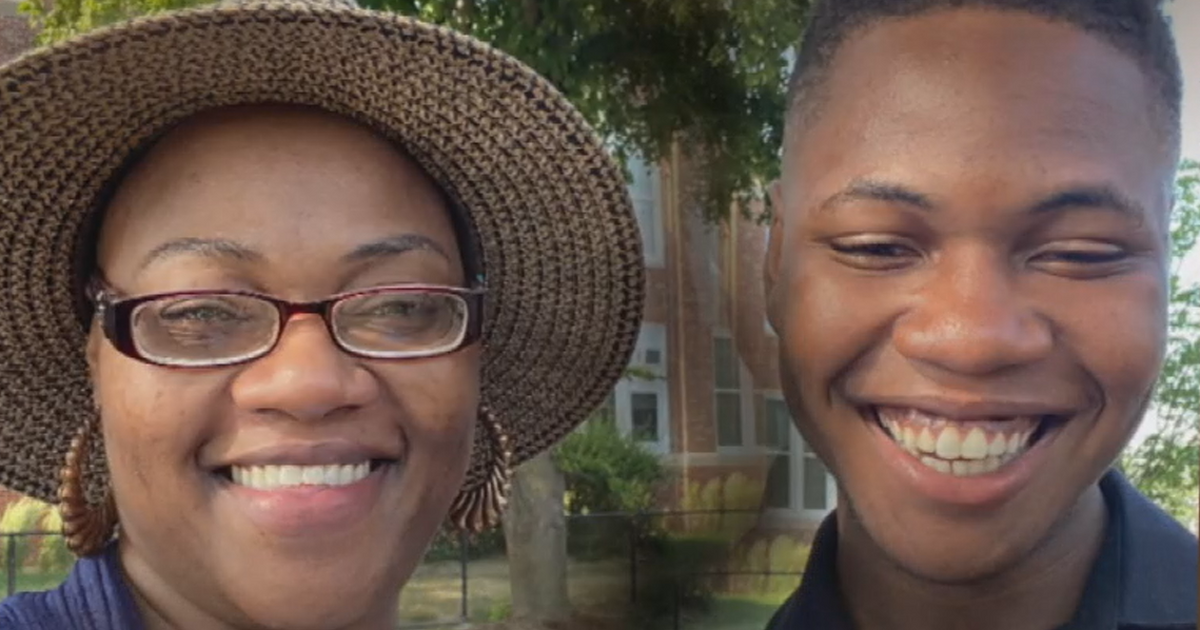MLB Star Wander Franco Seeks Support: Rays Shortstop Enters Mental Health Treatment Facility

In a shocking turn of events, Tampa Bay Rays star Wander Franco has been taken into custody by Dominican Republic authorities and voluntarily admitted to a mental health facility. The young baseball sensation, known for his exceptional skills on the field, is currently at the center of an unfolding personal situation that has caught the attention of fans and sports media alike.
Sources close to the investigation suggest that Franco is cooperating fully with local authorities while seeking professional mental health support. The 22-year-old shortstop, who has been a rising star in Major League Baseball, is reportedly receiving the care and support he needs during this challenging time.
The Rays organization has not yet released an official statement, but the baseball community is closely monitoring the developing story. Franco, who signed a groundbreaking 11-year contract with the Rays in 2021, has been a key player for the team and a promising young talent in the league.
As details continue to emerge, fans and supporters are expressing concern and hope for Franco's well-being, emphasizing the importance of mental health support for professional athletes.








